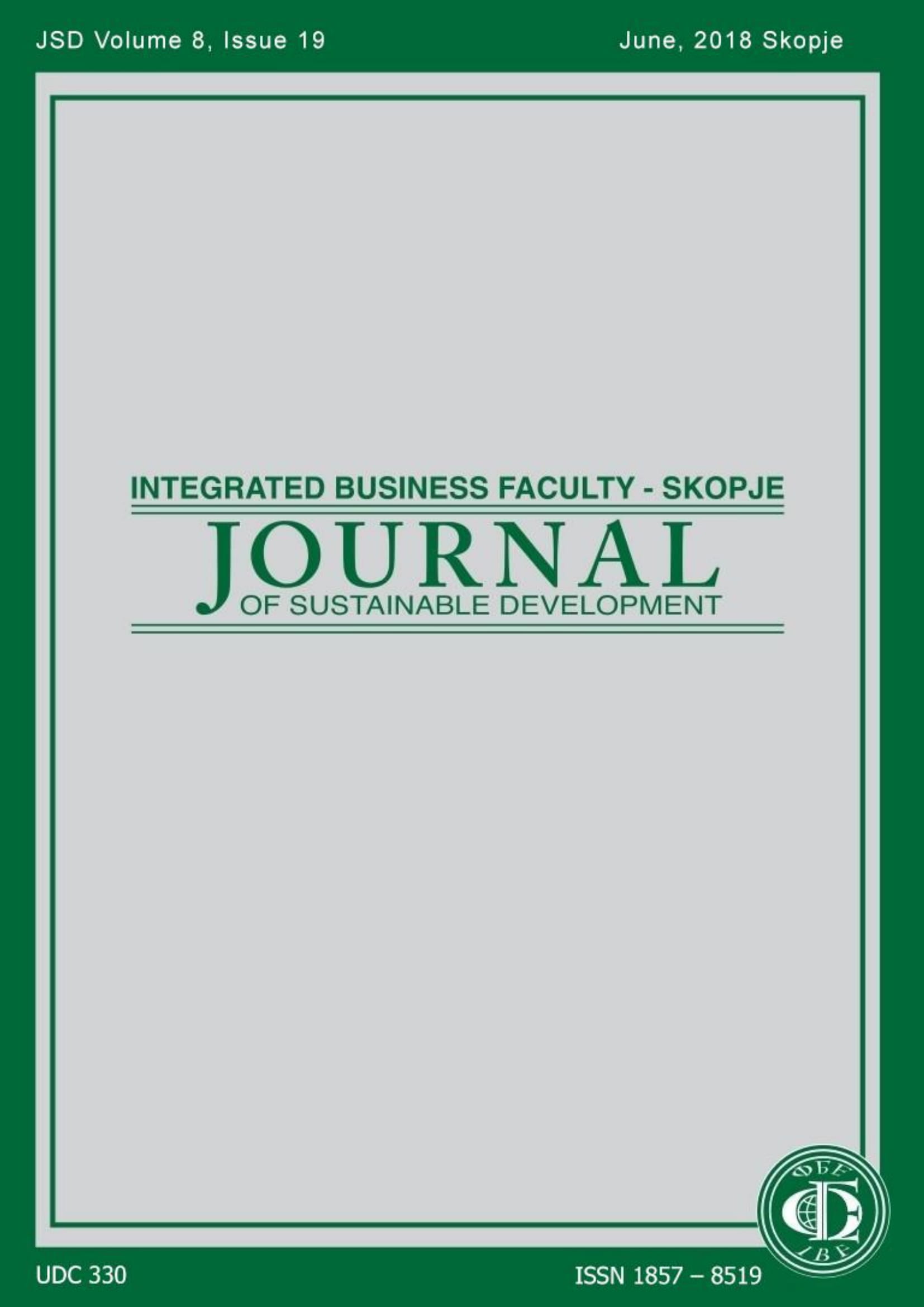ECONOMICS HAS LOST ITSELF WHILE SEARCHING “WHAT IT PRESENTS”, IGNORING THE CHANGES DETERMINING “WHAT IT REALLY IS”
ECONOMICS HAS LOST ITSELF WHILE SEARCHING “WHAT IT PRESENTS”, IGNORING THE CHANGES DETERMINING “WHAT IT REALLY IS”
Author(s): Agis Shajnovski, Krste SajnoskiSubject(s): Supranational / Global Economy, Socio-Economic Research
Published by: Факултет за Бизнис Економија
Keywords: Economics’ crisis; Global Political Economy; gold standard; fiat currency standard; research methods; institutional changes of business conditions; inflation;
Summary/Abstract: Economics’ states are most often discussed under conditions of crises and also in cases when it is searched for ways of overcoming them. Before they occur, the Economics and the economists deal with solving such a kind of “pure” economic problems which maximize the results and use the scarce means optimally. The Great Recession has forced debates whether the Economics would overcome the crisis by functioning in the same way up to now and whether it would find a solution to overcoming the next one. This is so, not because the economists failed to foresee the occurrence of such a breakdown in the developed economies (it’s not their obligation), but due to the fact that a long period of time, especially after the breakdown of the Bretton Woods system, they ignored the changes occurring as a result of the conditions under which individuals realize their existence at any point in the world of capitalist reproduction (which actually presents a political economy’s subject). Obsessed with statistical-mathematical researches of economic phenomena, the Economics and the economists have underestimated the influences of unfavourable trends on the relation between the individual and the society (growth of inequality, deprivation, democracy deficit, populism), on the relation between the market and the State (weakening of market regularities, protection of zombie enterprises, growth of protectionism and economic nationalism), and on the international relations (absence of a regulated IMS). And let’s not mention the consequences of neglecting nature. If such problems are not regulated and directed properly, they generate crises. In addition, the Economics cannot carry out adequately the researches on using scarce material means optimally if it doesn’t give an insight into those crises (which presents a subject of the Economics).
Journal: Journal of Sustainable Development
- Issue Year: 8/2018
- Issue No: 19
- Page Range: 61-81
- Page Count: 21
- Language: English

